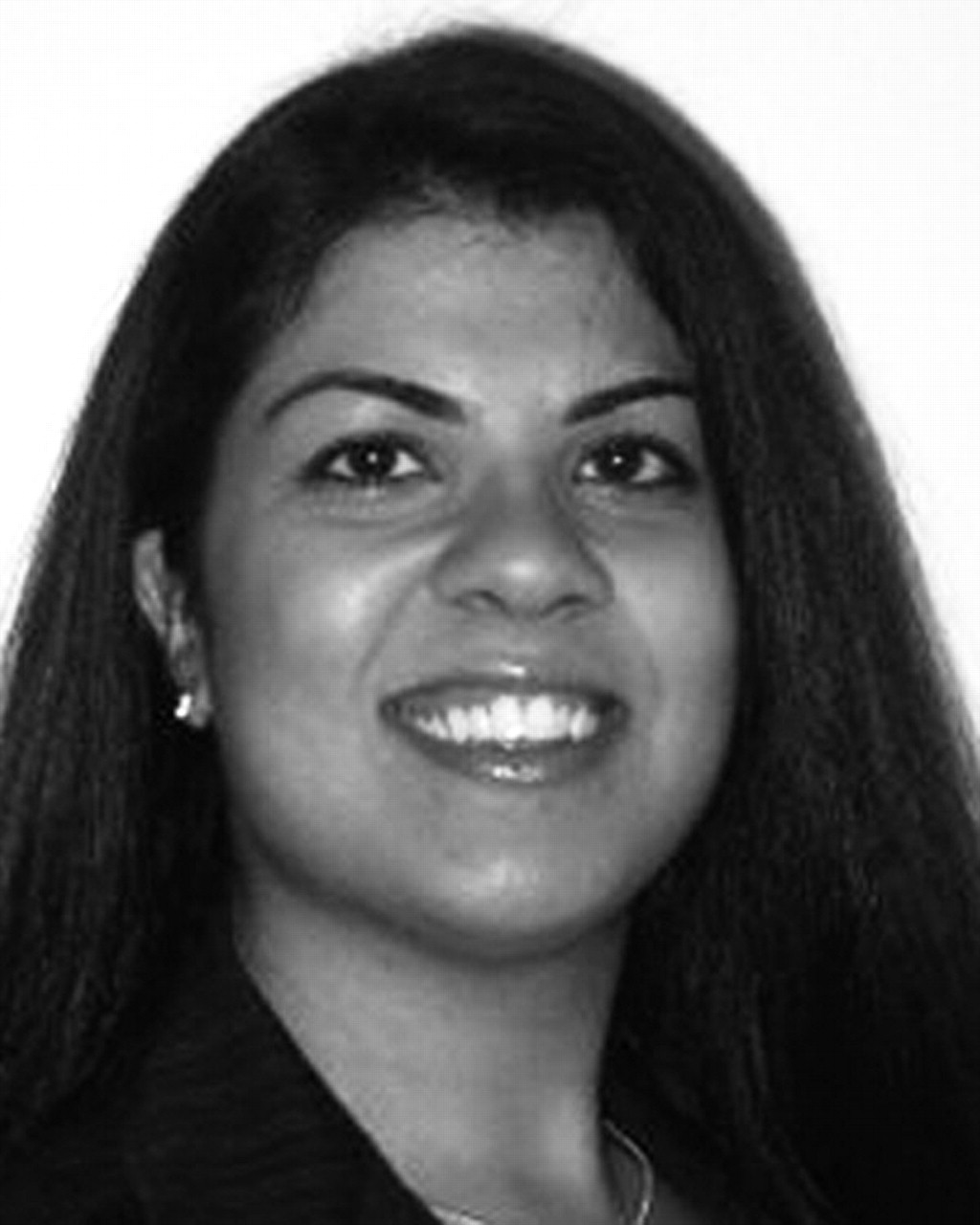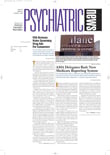Psychiatry Resident, University of South Florida College of Medicine, 2003-
Member-in-Training (Member Since 2003)
Resident Liaison, Florida Psychiatric Society, 2003-
Resident Member, Department of Psychiatry Recruitment Committee, 2004-
Charter Secretary, Medical Student and Resident Section, American Association of Physicians of Indian Origin, Tampa, 2005
Vice President, Class of 2003, Virginia Commonwealth University, Medical College of Virginia Campus, 2000-03 Taking call, medication management, doing therapy, rounding, didactics—the list goes on and on. Sometimes it seems that resident psychiatrists' lives are engulfed by our duties. The workload will not lessen when we graduate and may increase if we do not actively fight to maintain the integrity of our profession. Everyday we see patients who cannot afford the medications they need or have to limit the number of visits because of insurance limitations. And those are just patients with enough resources and knowledge to be able to see a psychiatrist at all. The lack of quality psychiatric care available is a multifactorial problem that impacts both patients and practicing psychiatrists.
There is a paucity of medical students choosing to enter psychiatry, thus creating a shortage of psychiatrists available to deliver care. The amount of information that needs to be crammed into the clinical year of medical school often limits the exposure medical students have to psychiatry. Over the past year I have been a member of the recruitment committee for my residency program. This experience has allowed me to learn how to recruit medical students by highlighting aspects of a career in psychiatry that they are not presented in their course work. I have also come to realize that recruitment needs to begin early in the first year of medical school. As residents, we need to foster these interested medical students by getting them involved with psychiatry at the local, state, and national levels. Residents should be an integral part in this process as these will be our future colleagues, and we want to work with the best and the brightest.
Outbursts on national television by celebrities such as Tom Cruise with his antipsychiatry vitamin and exercise treatment for postpartum depression have resulted in a public backlash that denounces his opinion and expresses the value of appropriate psychiatric care. Organized psychiatry needs to capitalize on this momentum and reach out to communities where stigmatization of mental illness is still a problem. The fear of being labeled as“ mentally ill” is strong enough to prevent some patients from seeking help. For some communities mental illness is brushed aside and not recognized as needing to be treated. As the charter secretary of the Medical Student and Resident Section of the American Association of Physicians of Indian Origin, Tampa chapter, I have begun to make connections with the Asian community to find venues to provide education on mental illness. I would like to work with the Board of Trustees to expand this initiative to teach communities how to recognize depression, substance abuse, and anxiety as treatable illnesses that if left untreated have a major impact on a person's ability to live a fully functional life.
As the elected resident representative to the Florida Psychiatric Society, I have been able to lobby with these organizations for patients' rights to quality psychiatric care. I have attended leadership meetings, during which I learned how bills get passed in the Florida state legislature and how to make the most impact as a physician in this process. This education was invaluable and empowered me to visit with senators and representatives to discuss the issues facing psychiatry. I would like to work with the APA Board of Trustees to empower residents to advocate for their patients by developing an advocacy package specifically for residents to demystify lobbying and the legislative process.
I would be privileged if you would give me your vote. I feel that I have the passion it takes to do this job, as well as the experience of working with committees and the organizational abilities to implement ideas. Thank you.
Primary Professional Activities and Sources of Income
Professional Activities
100%—Psychiatry Resident, PGY-3
50%—University of South Florida Psychiatric Center
50%—Bay Pines Veterans Hospital Mental Health Clinic
Income
100%—University of South Florida

